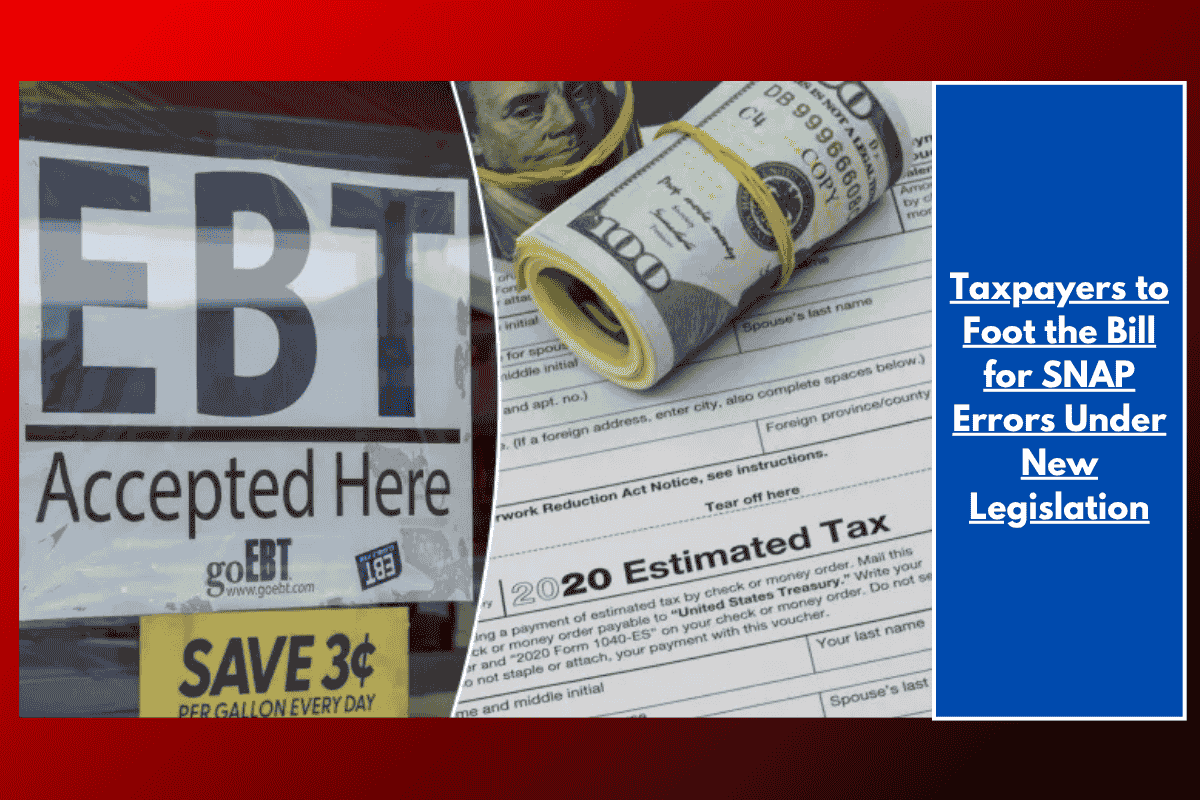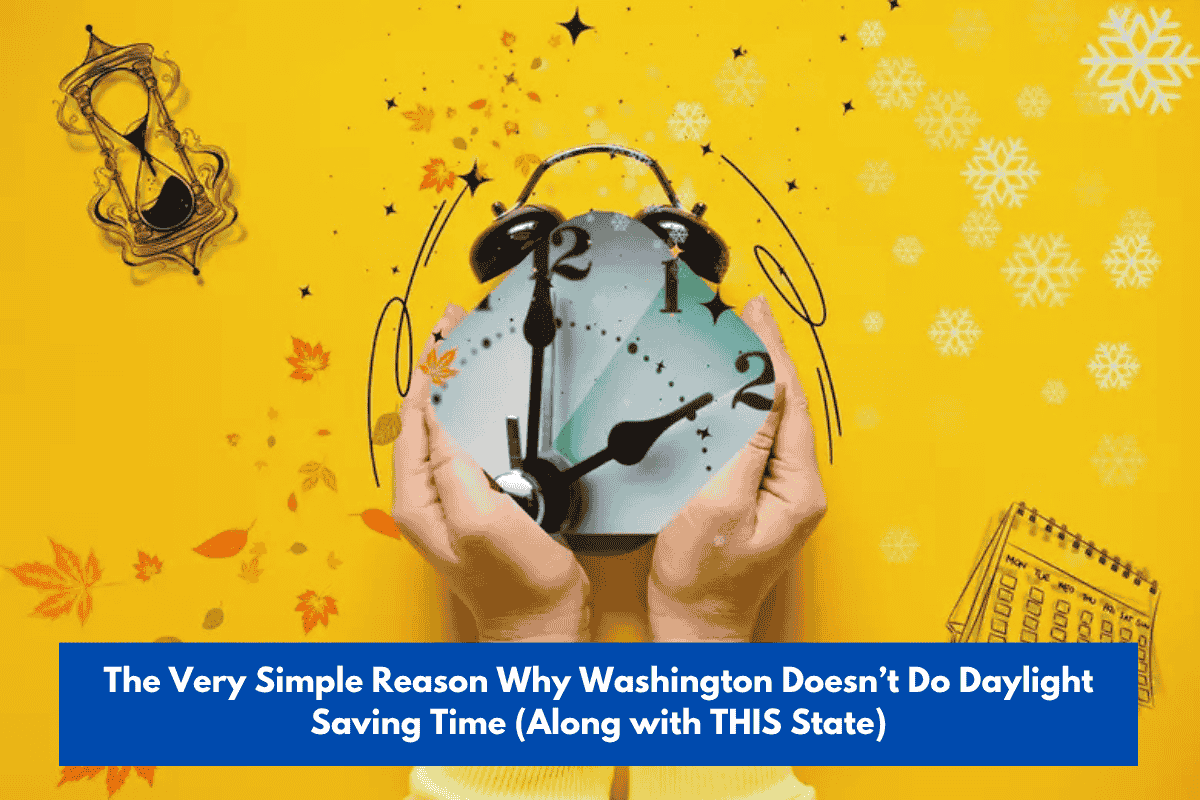A couple in a financial crisis is speaking out about the risky decision they made to purchase a new property without first selling their existing home. Brenda and her husband now find themselves drowning in $1.4 million of debt after taking out a bridge loan to buy a new house. In an interview with The Dave Ramsey Show co-hosts Jade Warshaw and George Kamel, Brenda explained how they ended up in this tough situation and shared their advice for others.
The Risky Decision: Taking Out a Bridge Loan
Brenda admitted that the couple made a “dumb, dumb decision” by opting for a bridge loan to purchase their new home. A bridge loan is a short-term loan that allows homeowners to purchase a new property before selling their current one. This type of loan is often used to bridge the financial gap while waiting for the old property to sell.
Financial experts and realtors usually advise against bridge loans, as they can lead to financial strain if the current property doesn’t sell quickly enough. The loan was for a staggering $1.437 million, with an interest rate of 10.99%—a rate that left the experts on the show stunned.
The Struggles of Selling the Old Property
Brenda explained that despite listing their old home for sale, they had not been able to sell it. The bridge loan payment was due on June 1, and the interest had accrued quickly, putting the couple in a dire situation.
The pair had listed their old home for sale but were struggling to find buyers. Brenda speculated that they might have priced it too high or that the square footage of the home didn’t match what buyers in their area were looking for. They had been under contract with a buyer for 40 days, but the buyer’s home was still under contract, creating a situation where both parties were in limbo.
Expert Advice: What to Do Next
Jade Warshaw and George Kamel offered some crucial advice for Brenda, stressing that they should not terminate the current contract. Warshaw suggested that they work with their realtor to make sure the contract allowed for other offers to be considered, so the house could still be listed on websites like Zillow to attract more potential buyers.
The experts also recommended that Brenda put a contingency clause in place with the buyer. This would allow for offers to be made, but with a 90-day closing deadline to prevent the home from sitting idle for too long.
Dealing with the Debt and Loan Extension
Given that the couple had $100,000 in savings, the experts recommended using this savings to request an extension on the bridge loan. George Kamel noted that if the couple explained the situation to their bank, they might be able to get some leeway, especially since they were already under contract with a buyer.
The experts emphasized that securing an extension on the loan would be the best option to avoid the foreclosure of their property. With the house under contract, the bank might be willing to cooperate, as the couple was already in the process of selling their home.
Key Takeaways
Bridge loans can be risky, especially if you don’t have a guaranteed sale for your current home.
If you find yourself in a similar situation, working with your realtor and bank can help you manage the stress of the sale.
Contingency clauses can help you keep potential buyers interested while you wait for the deal to go through.
If you have savings, using it to buy some time by getting a loan extension may prevent foreclosure and give you more breathing room.
Learning from a Costly Mistake
Brenda and her husband are now faced with the challenge of paying off a massive debt, but they hope their experience serves as a warning to others. By consulting with financial experts and making use of contingency clauses, Brenda and her husband hope to navigate this financial storm and eventually come out on top. Their advice? “Don’t make a decision you can’t afford” and be cautious when taking out large loans that may put you in a vulnerable financial position.














